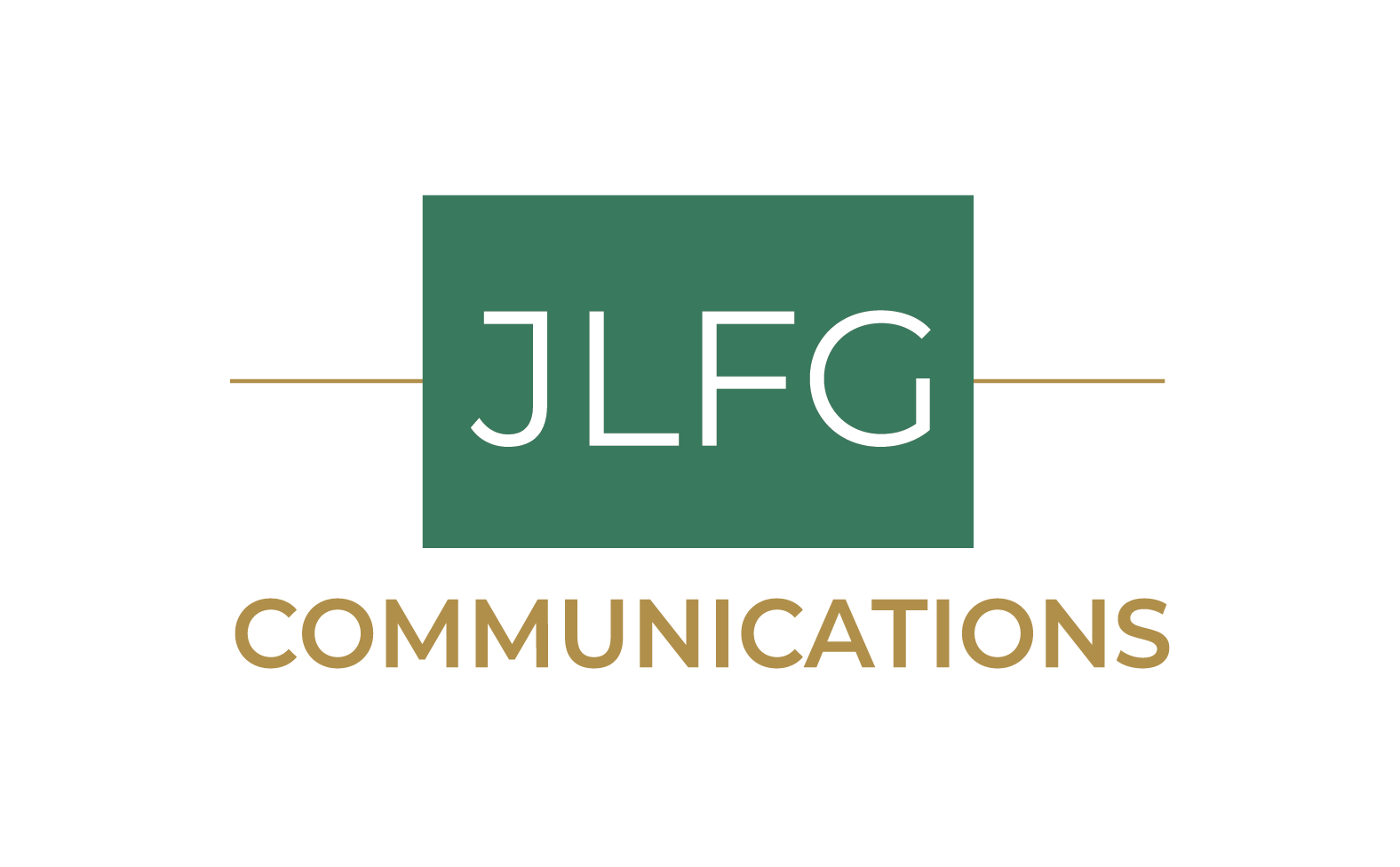Greetings from London
This month, I took my first overseas plane flight since 2018. I believe in minimizing air travel for several reasons. First, there’s the issue of carbon emissions. Long-distance travel can also be a hassle. Shifting time zones is tiring, and exhaustion increases susceptibility to viruses. I fear becoming ill while traveling.
Sometimes, though, a trip is warranted. Taking an airplane is the only reasonable way to get from Seattle to London. In this case, it was worth it. During this trip, I:
Joined my co-author Paul Foulkes-Arellano in person for the launch of Materials & Sustainability, with a standing-room-only audience and incredible positive energy.
Met up with people I have known for months or years and only spoken with on Zoom. We enjoyed meals, walks, and engaging discussions.
Presented a seminar at the University College London to Mark Miodownik and some of his colleagues and students. They asked excellent, probing questions.
It has been over 30 years since I visited London, and a few things have changed for the better.
Transportation
There’s no longer a need to purchase tickets to ride trains or the London transit system. Just tap your phone or a credit card when you enter and exit, and the system charges the appropriate fare. This makes it so convenient to take a bus or train. I’m not sure why some people were using the machines to purchase paper tickets.
London is still a pedestrian-friendly and transit-friendly city. Taking transit feels safe, at least in the parts of the city I visited. Waiting on one platform, I noted that the next trains were coming in 1, 6, and 11 minutes. That’s not too different from the light rail system back home in Seattle. Unlike Seattle, though, the Underground can take you all around the city. There are dozens of lines, not just one or two.
The red double-decker buses that I remember from the 1990s are still there. The difference is that now they are either electric or hybrid. They also aren’t as boxy. The new design has rounded corners. Those don’t run quite as often as the Underground but much more frequently than buses back home.
Living Spaces
When I travel, I enjoy staying in neighborhoods and living like the locals. This time around, I rented a studio apartment for most of my stay. I found it through Airbnb, something that didn’t exist when I last visited London. The apartment was a fourth-floor walk-up with no lift (elevator), a fact I knew in advance. Those who know me know I generally prefer to take the stairs anyway.
This neighborhood was close to Hyde Park, where I enjoyed walking, running, and bicycling. Transport for London, the agency responsible for buses and the Underground, also offers bicycles for hire.
Food
It is still possible to order a traditional full English breakfast with eggs, sausage, toast, and grilled tomato. But now there are vegetarian options beyond saying hold the sausage. The morning I arrived in London, I stopped at a cafe and ordered a full vegan breakfast. It came with a courgette (zucchini) fritter, avocado toast with beet hummus, beans, and roasted tomato and mushrooms.
There is far more emphasis on fresh fruit and vegetables than I recall. In the 1990s and earlier, vegetables were limited to overcooked mash served alongside a meat or fish main. Now, fresh produce can be the star of the meal. Menus highlight vegetarian and vegan choices. After one meal, I enjoyed a pot of fresh mint tea. It was exactly that—mint leaves steeped in hot water. I think I’ll try that at home.
I purchased fruit, granola, almond milk, peanut butter, hummus, carrots, spinach, and a loaf of seeded sourdough bread from a market down the street from my apartment building. Those items, plus ground coffee for the French press, provided breakfast and lunch throughout the rest of my stay.
The French press is a sensible way to make coffee. It is made entirely of glass and metal and eliminates the need for a paper or cotton filter. Cotton may sound peculiar to some. At home, I use cloth Coffee Socks to make my daily pour-over. They are washable and last for 1-2 years, at which point they go into the compost. I might consider buying a small French press, though.
I am happy to say my trip to London was a success.
